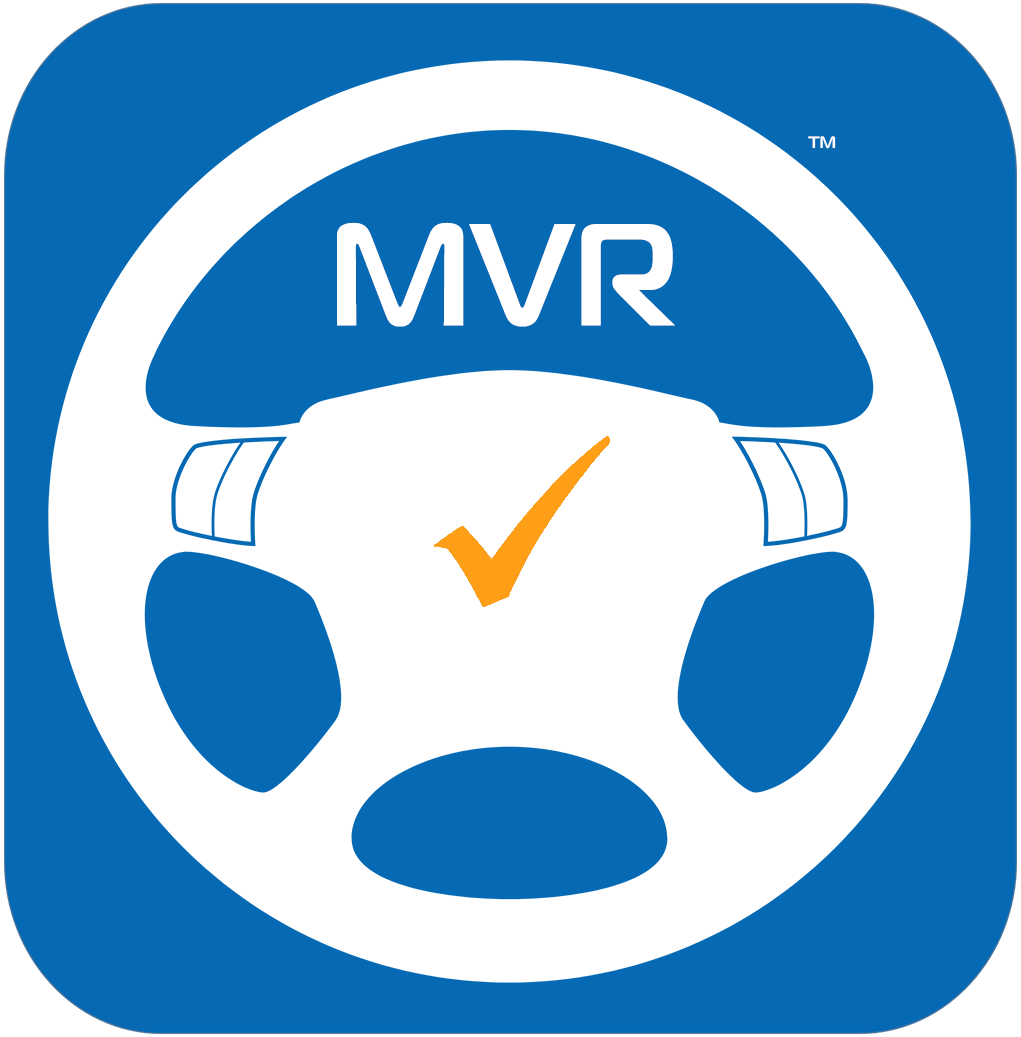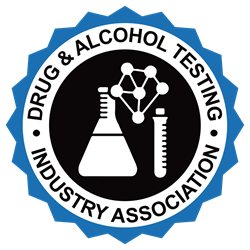MVR Security Standards

In an age when security breaches seem to become an increasingly common occurrence, MVRchecks’ security standards remain second to none. MVRcheck is diligent in maintaining the most rigorous security practices, including the strategic use of Honeypots: programming decoys designed to lead hackers down the wrong rabbit hole. As they attempt to hack bogus data and systems, the system tracks their activity to expose hacking tactics and strategies. This allows IT professionals to improve system security without compromising the integrity of their systems and data.
MVRcheck provides the most comprehensive driver screening platforms in the industry. Our cloud-based software systems provide Companies and Insurance Agencies with tools to perform extensive driver screening and verifications. Because our software connects directly to sensitive consumer information, security must be the first priority.
The MVRcheck security framework consists largely of the following checklist of tactics to prevent, secure, and protect its systems and consumer data. This list is one of the more comprehensive security checklists in the industry, and rivals that of any technology provider. Our system infrastructure is powered by Amazon Cloud – An advantage of the AWS cloud is that it allows us to scale and innovate, while maintaining a secure environment. Cloud security at AWS is the highest priority.
 Application Servers Imaged Daily
Application Servers Imaged Daily
If a server that houses data fails the first barrier of security, we replace it within a matter of hours. There is no downtime; replacements are immediate without loss of data or impact to the customer.
 Honeypots / Deception Technologies
Honeypots / Deception Technologies
We use deception technologies and traps to proactively detect and fight potential intrusions, and use the collected data to study and enhance our security systems.
 Intelligent Threat Detection and Remediation
Intelligent Threat Detection and Remediation
We not only stay abreast of security best practices and trends; we proactively work to find ways to keep our network and data safe. Utilizing services that analyze billions of events, from clicks, log-ins, and browsing activity, we effectively identify and block malicious activity.
 Reputation Lists & Shared Threat Detection
Reputation Lists & Shared Threat Detection
We utilize a system to block approximately 20 million known malicious IP addresses.
 Security as Code
Security as Code
Automation means less room for error. We automate security best practices whenever possible.
 PCI, SOC2, EI3PA Audits
PCI, SOC2, EI3PA Audits
We utilize multiple rigorous third-party audits to ensure best practices are being followed.
 Daily Releases
Daily Releases
We use an agile release model, continuously releasing updates to ensure current software. We move and breathe updates.
 Center for Internet Security (CIS) Benchmarks
Center for Internet Security (CIS) Benchmarks
We don’t skimp when it comes to configuring application servers; we follow rigorous guidelines to safeguard our systems.
 Strong Data Encryption
Strong Data Encryption
To keep data secure, we use industry grade encryption. Sensitive data in motion or transit is encrypted using HTTPS and TLS 1.2. Sensitive data at rest (e.g. data stored in a database) is encrypted using AES-256 (the highest level of security possible). Encryption keys are fully managed using a Key Management Service (KMS). In addition, applicants Personal Information (DOB, SSN and DL Number) are redacted on the MVR Report.
 Strong Hashing
Strong Hashing
Not your hash(brown) breakfast! Rather, a rigorous algorithm that is used for cryptographic functions and increased security.
 MFA
MFA
We enforce Multi Factor Authentication (MFA) internally whenever possible. Users are required to authenticate using a code sent via email, SMS, etc.
 Account Passwords
Account Passwords
Passwords must be 12 characters long, include at least 1 letter, 1 number and 1 special character (!@#$%) and can not repeat any of the previous four passwords.
 Penetration Testing
Penetration Testing
We employ simulated cyber attack testing by third parties on a recurring basis.
 Peer Review
Peer Review
All code is peer reviewed for security and best practices.
 Static Code Analysis
Static Code Analysis
We automatically scan for vulnerabilities and best practices as an added layer for quality and secure code.
 Security Training
Security Training
Our development team consists of highly skilled, creative, and innovative individuals. Every team member is also required to take secure coding training on a recurring basis. We work to stay ahead of security developments. All of our employees attend security training annually, from our Customer Service Representatives to our CEO, and everyone is Fair Credit Reporting Act (FCRA) Basic certified.
Software Security
✔ Enterprise grade application framework
✔ High security protocols & encryption (128/256 bit SSL/TLS)
✔ Encrypting data in motion and at rest
✔ Audit logging
✔ Routine security scans and penetration testing
✔ Disaster recovery procedures and protocols
✔ Client controlled access (Multi-Factor Authentication)
✔ Real time alerts of potential malicious behavior
✔ IP logging for all log in attempts and orders
✔ Tri-level password protection
✔ Active analysis of network traffic
✔ 24/7/365 system monitoring
Hardware Security
✔ Redundant systems & backups
✔ Mirrored Data Center
✔ Multiple security checkpoints
✔ Enterprise firewall protection
✔ Enterprise anti-virus software
✔ Intrusion detection
✔ Redundant UPS systems and diesel generators
✔ Diverse upstream Internet Service Providers
✔ Closed-circuit television cameras
✔ Automated suppression systems
✔ 24/7/365 electronic and physical security
Certifications
We start with continuous PCI and EI3PA certification assessments from an independent third-party, Sword and Shield Enterprise Security. We then enlist the help of security expert Qualys to continuously monitor our security and compliance landscape across our entire platform.



✔ Third-party security certification
✔ Staff training
✔ Security oriented policies and procedures
✔ Real-time data replication, both locally and off-site/out-of-region
✔ Multi-factor authentication is a de facto industry standard and accepted best practice for login security.
AICPA’s trust service principles related to the following areas:
✔ Security: MVRcheck is protected against unauthorized access, through sufficient firewalls, multi-factor authentication, intrusion detection, and more.
✔ Availability: The system is consistently available for operation and use, with more than 99.95% uptime and continuous performance monitoring.
✔ Confidentiality: Confidential information stays that way through encryption, access controls and permissions, firewalls, and internal information policies and procedures.








